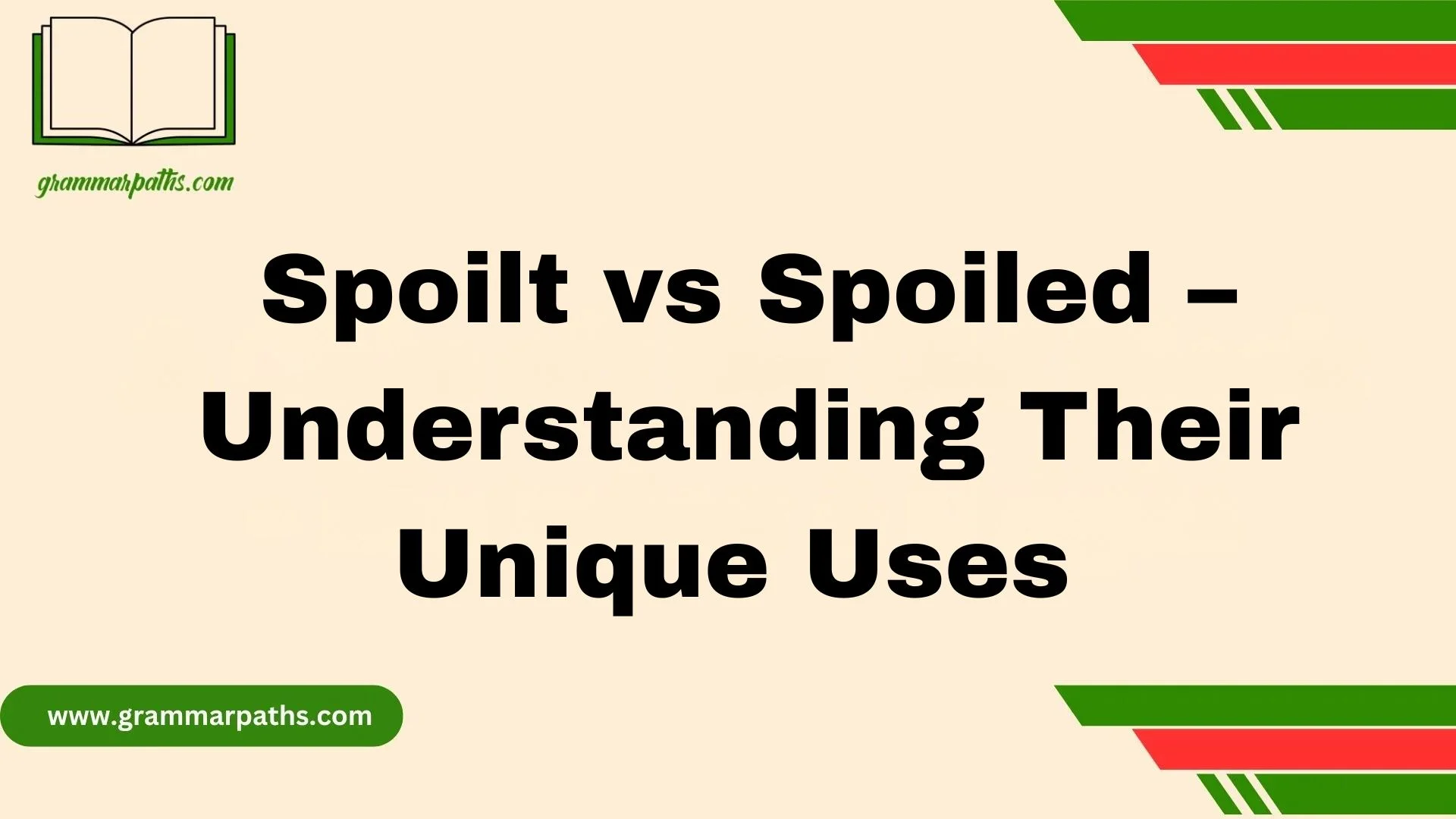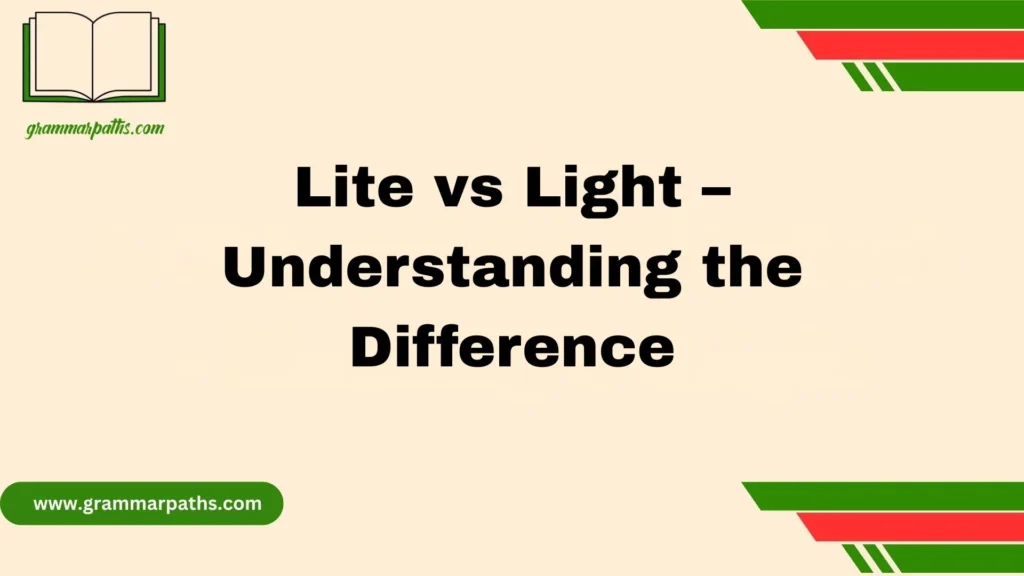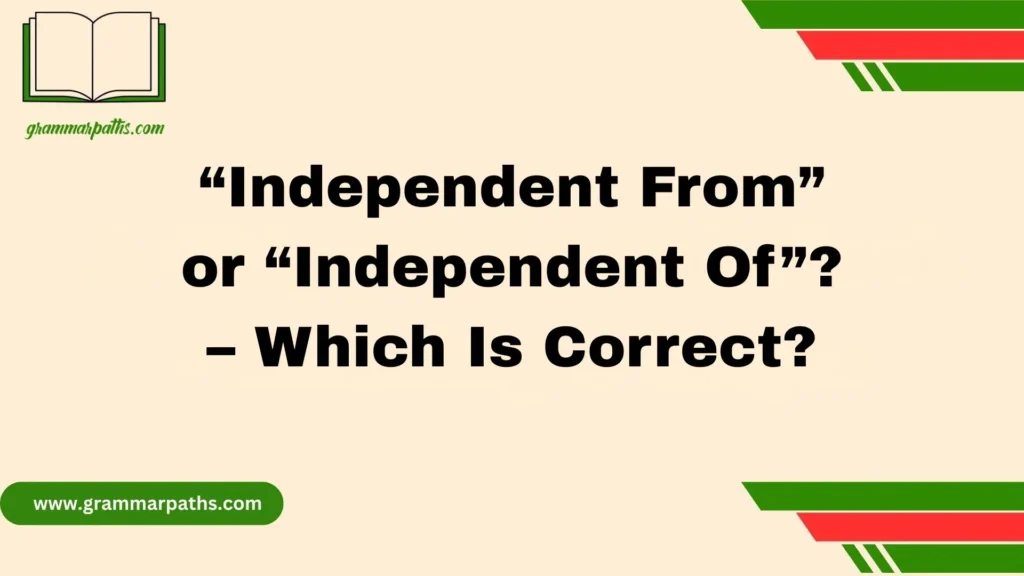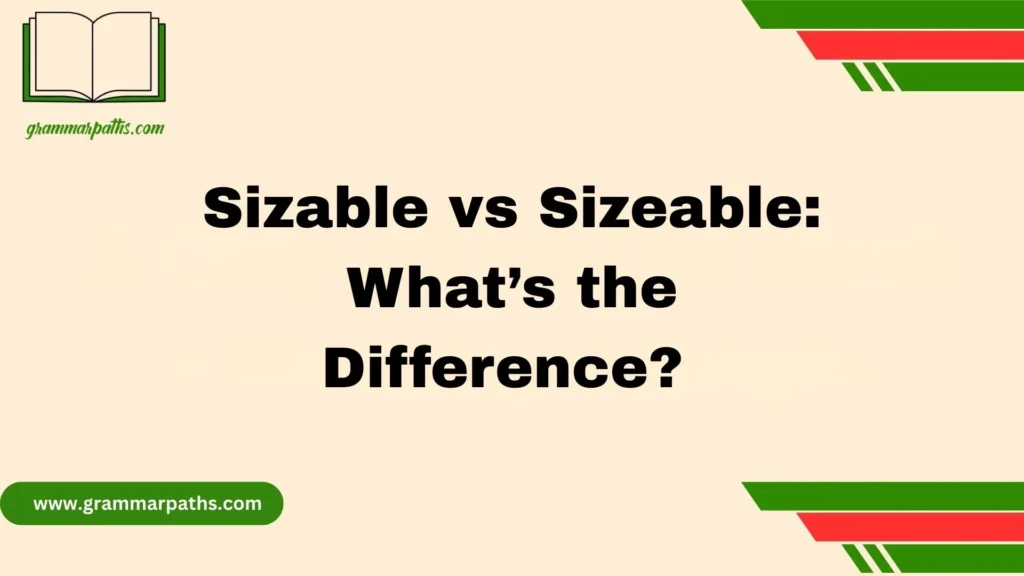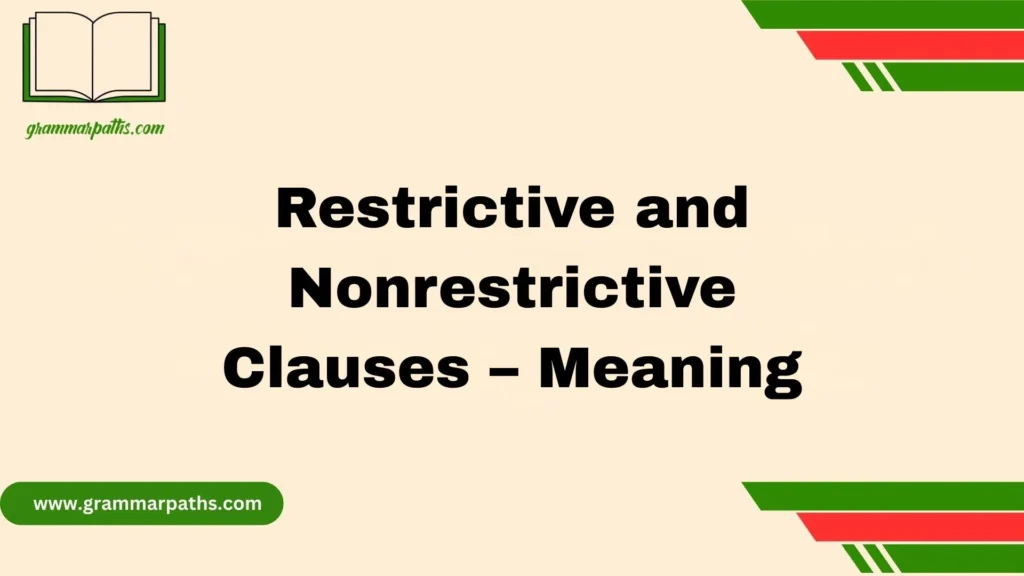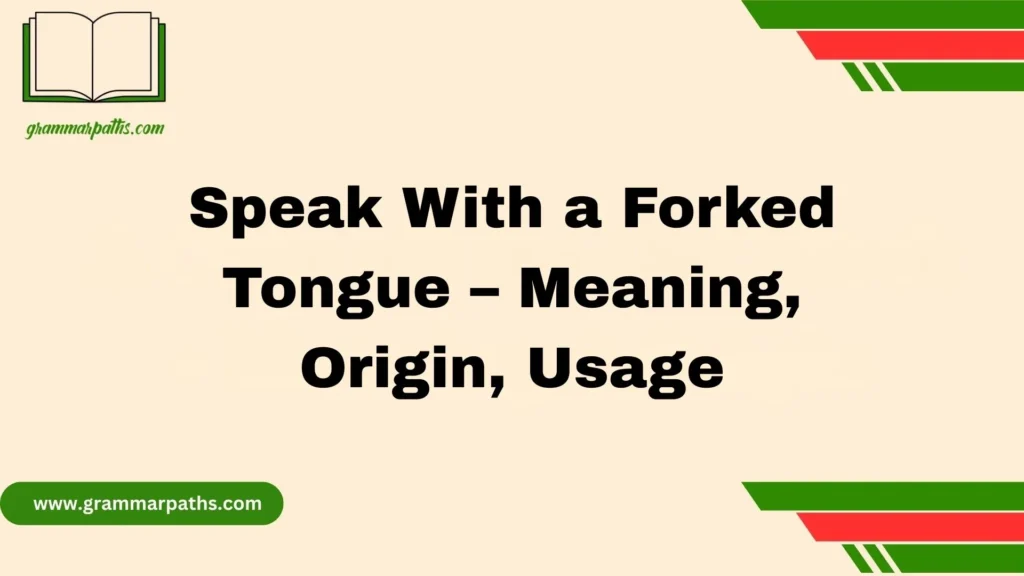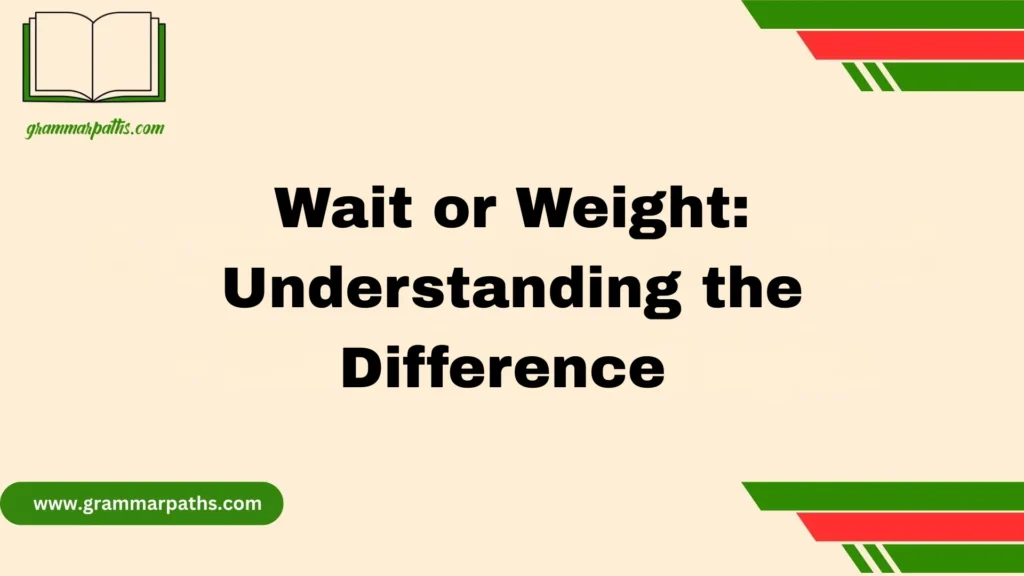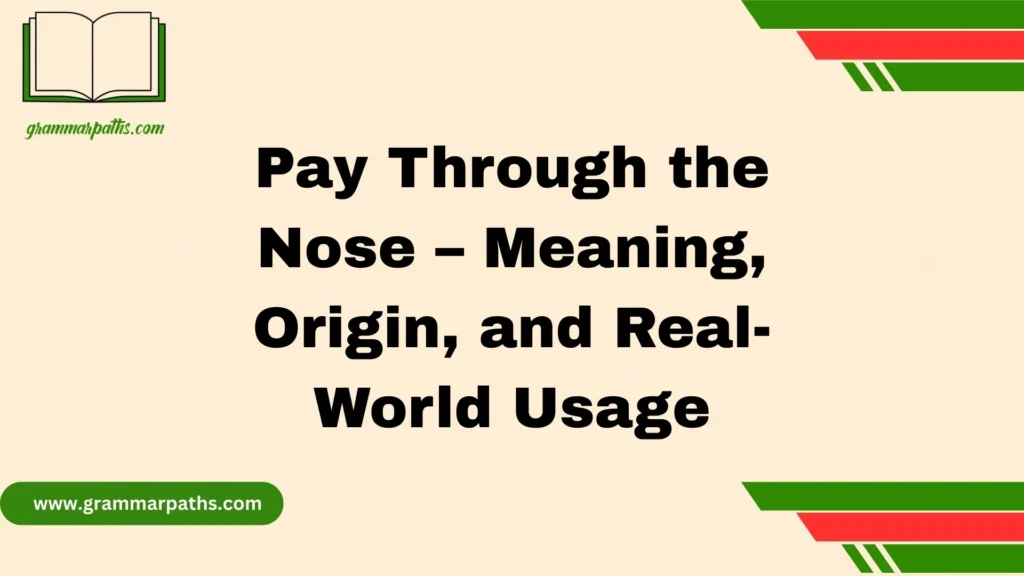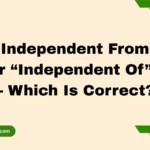When I first started writing, I ran into some confusion over choosing between Spoilt and Spoiled. Both carry the same meaning, but the region often decides which word feels natural. In my career, I noticed the preferred term can shift depending on whether you are in the UK or US. These twin versions of the same term can confuse writers, especially if they are unsure about the form that fits American or British dialects. The subtle differences don’t just carry a cultural or regional weight; even a minor spelling tweak can shape how your audience perceives your message. In the UK, spoilt is more commonly used, while in the US, spoiled dominates in both casual and formal usage.
From my own experience, when crafting an editorial for a British outlet, I opted for “spoilt child” because it fit the linguistic context. On the other hand, in an American project, I leaned into “spoiled brat” to match the tone and flavor of the market. These choices aren’t just cosmetic; they reflect deeper, grammatical, and historical origins of the English language. The ongoing debates over correctness may seem academic, but they are rooted in how the language has evolved. Skilled writers must apply understanding of these spellings across various forms of communication, making a single, universal answer impossible. Every choice impacts your target readers, leaving a lasting influence, whether immediate or permanent, like a machine working on raw material.
Origins and History of the Words
The verb “to spoil” comes from the Latin “spoliare,” meaning “to plunder” or “to strip of possessions.” Over centuries, English evolved the past tense and past participle forms into both spoiled and spoilt.
- Spoiled is considered the regular form and became standard in American English.
- Spoilt is irregular and favored in British English, though spoiled is still understood and accepted there.
Historical texts reveal interesting trends. For example, in Shakespearean plays, both forms appear, but spoilt was more common in early modern English. By the 19th century, spoiled gained traction in the United States, solidifying its dominance in American literature.
American English Usage
In the United States, “spoiled” is the preferred form for both past tense and past participle. Writers, educators, and media outlets overwhelmingly favor this spelling.
Cultural Context
The prevalence of spoiled aligns with American English’s tendency toward simplified, regular verb forms. Using spoilt in the US can sound overly formal or archaic.
Examples in US Media
- Movies: “The child was spoiled by his grandparents.”
- Books: In To Kill a Mockingbird, the term “spoiled” describes children overindulged by their parents.
- News Articles: The New York Times consistently uses spoiled in both formal and informal reporting.
Tip: If you are writing for an American audience, always stick with spoiled. It’s universally understood and avoids confusion.
British English Usage
In the UK, the choice between spoilt and spoiled depends on context, style, and sometimes region.
Preference
- Spoilt is more common in informal speech and literature, giving a slightly traditional or nostalgic tone.
- Spoiled is accepted in formal writing, particularly in educational and journalistic texts.
Examples in British Media
- The Guardian: “The children were spoilt by the nanny.”
- BBC: “A spoilt pudding ruined the dessert contest.”
- Novels: Many contemporary British authors use spoilt to evoke character personality or setting.
Regional Variations
- In England, spoilt dominates in conversation, while spoiled appears in newspapers and academic writing.
- In Scotland and Ireland, spoilt is widely used in both speech and print.
Grammatical Considerations
Understanding past tense and past participle usage is key. Both spoilt and spoiled function as:
- Past Tense: “He spoiled the surprise.” / “He spoilt the surprise.”
- Past Participle: “The child has been spoiled.” / “The child has been spoilt.”
Comparison With Other Verbs
Some English verbs also have regular and irregular forms:
| Verb | Regular Form | Irregular Form | Example |
| Spoil | Spoiled | Spoilt | The cake was spoiled/spoilt by too much sugar. |
| Burn | Burned | Burnt | She burned/burnt the toast. |
| Dream | Dreamed | Dreamt | He dreamed/dreamt about the trip. |
Tip for learners: If you’re unsure, spoiled is always safe in American English, while either form works in British English depending on style and tone.
Semantic Nuances
While spoiled and spoilt are often interchangeable, subtle differences in tone exist:
- Spoilt can feel more traditional or literary in British English.
- Spoiled often sounds neutral, modern, and American.
- In emotional contexts, “spoilt” may evoke a gentle or affectionate tone, as in describing a pampered child or pet.
Examples:
- “The spoilt child demanded attention constantly.” (British, slightly old-fashioned)
- “The spoiled child threw a tantrum.” (Neutral, American)
Understanding these nuances helps writers match tone with audience expectations.
Practical Writing and Speaking Tips
Here’s how to choose correctly:
When to use spoiled:
- Writing for an American audience.
- Formal reports, essays, or news articles.
- Situations where clarity and modern tone matter.
When to use spoilt:
- Writing for a British audience, especially in informal or narrative contexts.
- Evoking a traditional, literary, or slightly playful tone.
- Expressing affection or subtle humor.
Common Pitfalls:
- Using spoilt in US media can appear outdated.
- Using spoiled in British literary works may slightly reduce the traditional flavor.
Table Comparison
| Word Form | Region | Part of Speech | Example Sentence | Context Notes |
| Spoiled | US, UK | Past Tense / Participle | He spoiled the surprise party. | Neutral, modern |
| Spoilt | UK | Past Tense / Participle | The children were spoilt by their grandparents. | Traditional, literary |
This table gives a quick reference to avoid confusion in writing or speech.
Summary and Key Takeaways
- “Spoiled” dominates American English and is always safe to use there.
- “Spoilt” is common in British English, often in informal or literary contexts.
- Both words serve as past tense and past participle forms of “spoil.”
- Tone, audience, and context determine the best choice.
- When in doubt, spoiled is universally accepted and avoids errors.
Conclusion
Choosing between Spoilt and Spoiled ultimately comes down to region, context, and the audience you are addressing. While the UK prefers spoilt and the US leans toward spoiled, understanding the subtle differences, grammatical rules, and historical origins of these words can help writers make informed choices. Paying attention to tone, market, and linguistic context ensures your message is received as intended, leaving a clear influence on your readers. There’s no single, universal rule, but using the right word for your audience can make your writing more polished and effective.
FAQs
Q1: Is “spoilt” incorrect in American English?
No, spoilt is understood in American English, but spoiled is the more commonly used form in formal and casual contexts.
Q2: Can I use “spoiled” in British English?
Yes, spoiled is acceptable in British English, but spoilt is generally preferred in most contexts.
Q3: What is the difference in tone between “spoilt” and “spoiled”?
Spoilt often feels slightly formal or traditional, while spoiled can feel more modern, casual, or American.
Q4: Does it matter if I mix both in my writing?
Mixing can confuse readers. It’s best to stick with one form depending on region, audience, and linguistic context.
Q5: Are there any historical reasons for the difference?
Yes, the historical origins of English words, grammatical evolution, and regional preferences have shaped why Spoilt is more UK-oriented and Spoiled dominates in the US.

Emma Brooke is a passionate language expert and contributor at GrammarPaths.com, where she helps learners navigate the complexities of English grammar, idioms, and effective writing. With a strong academic background and years of teaching experience, Emma excels at turning tricky grammar rules into simple, practical lessons that readers can easily grasp.
